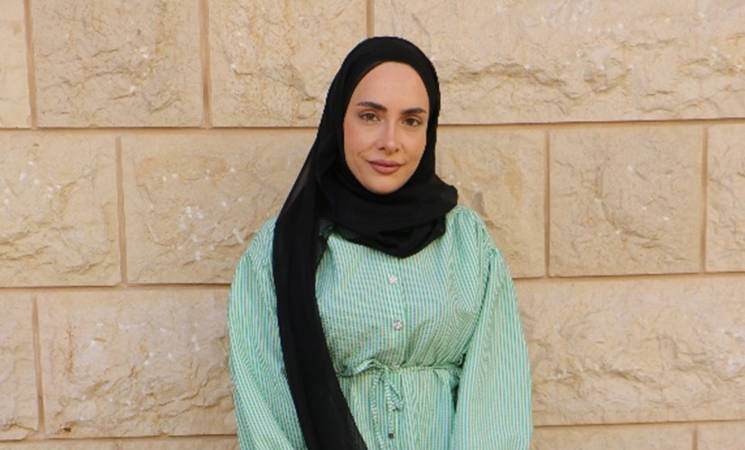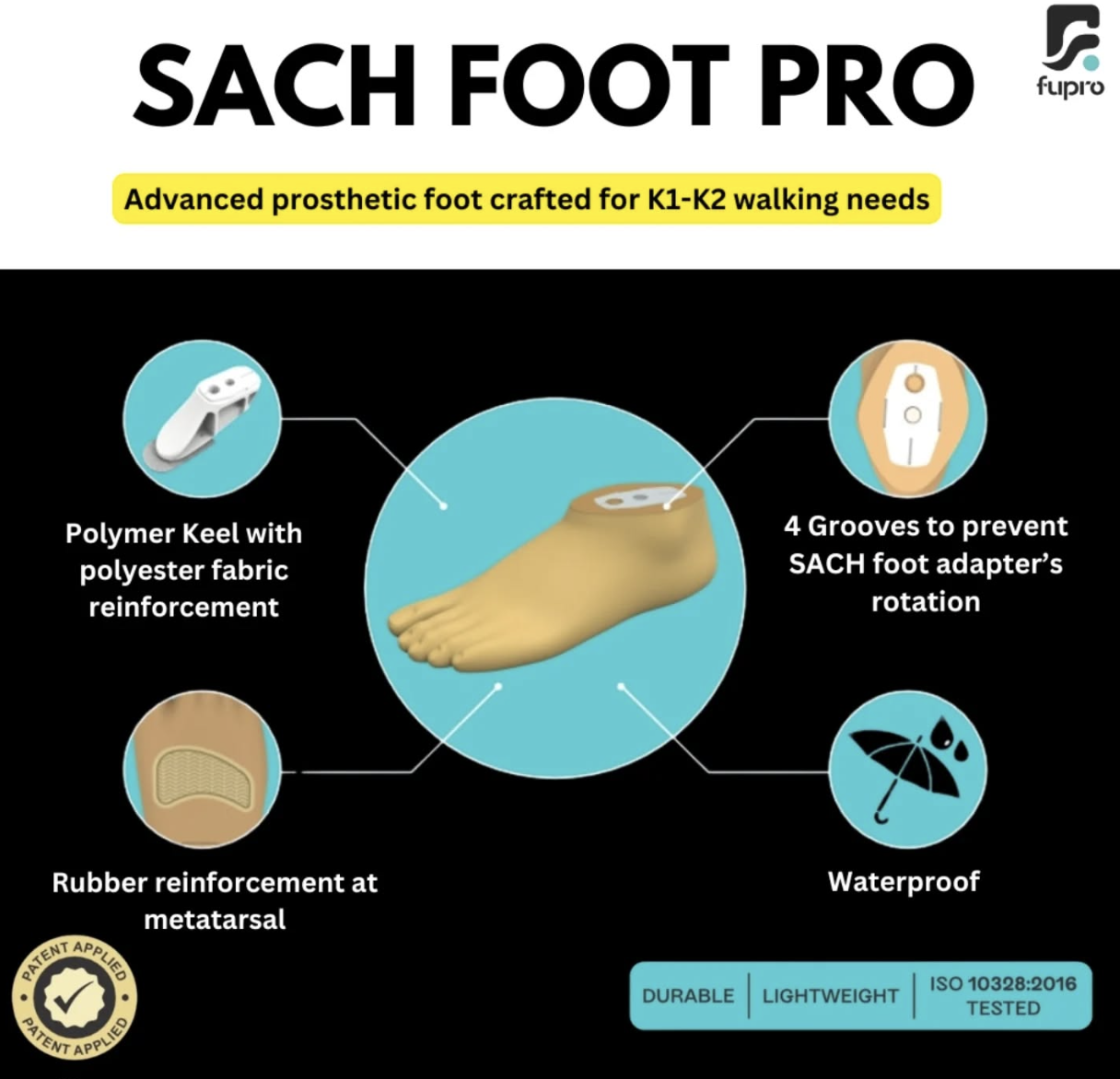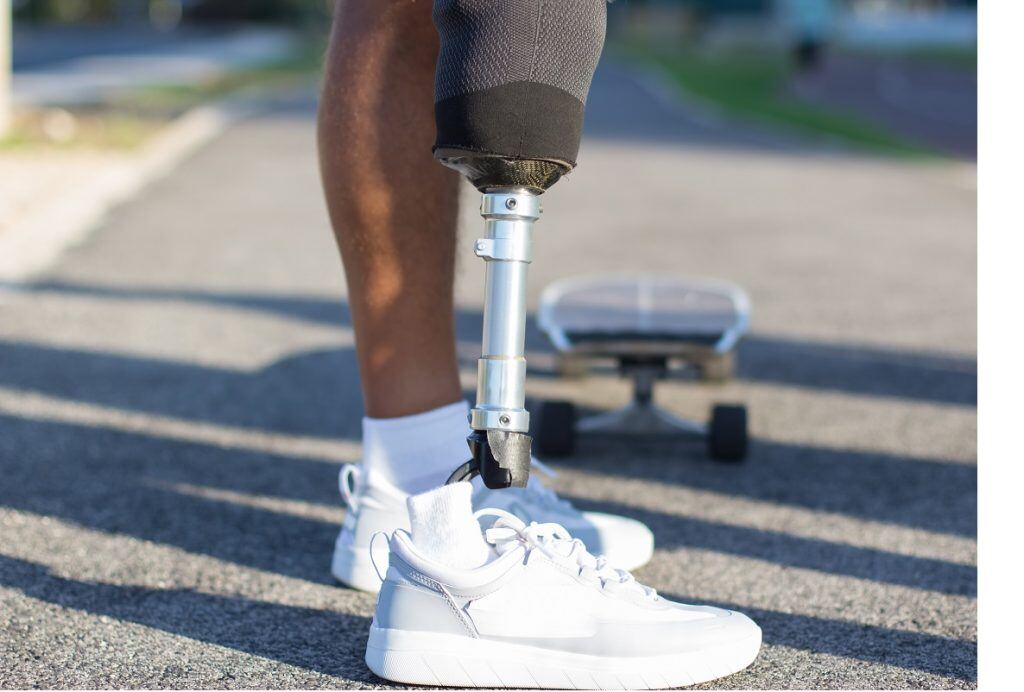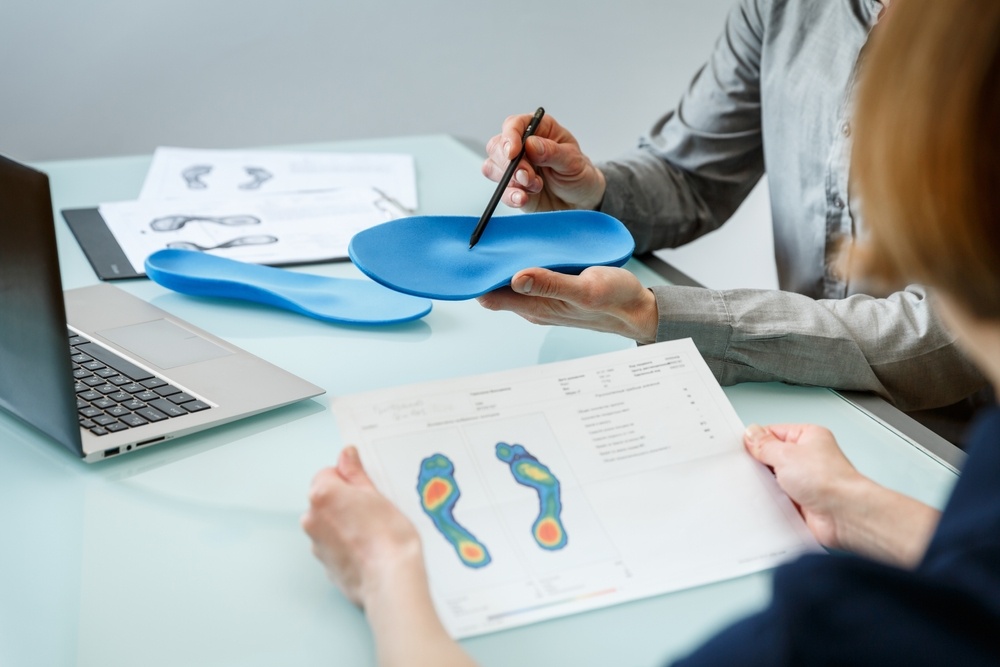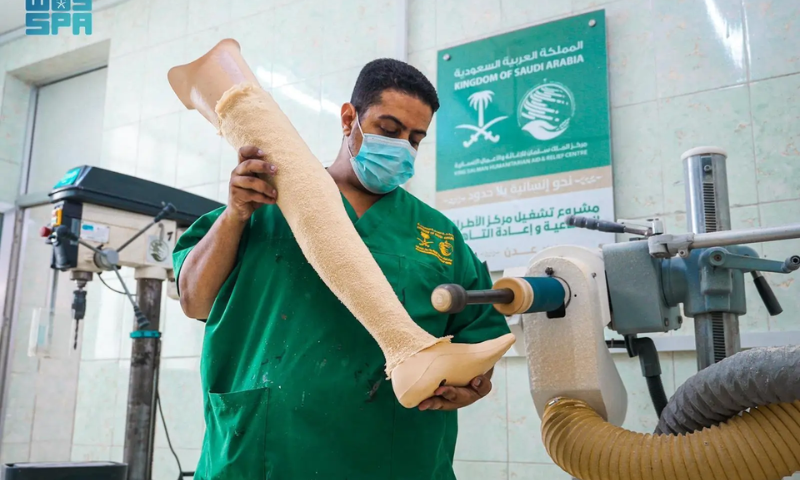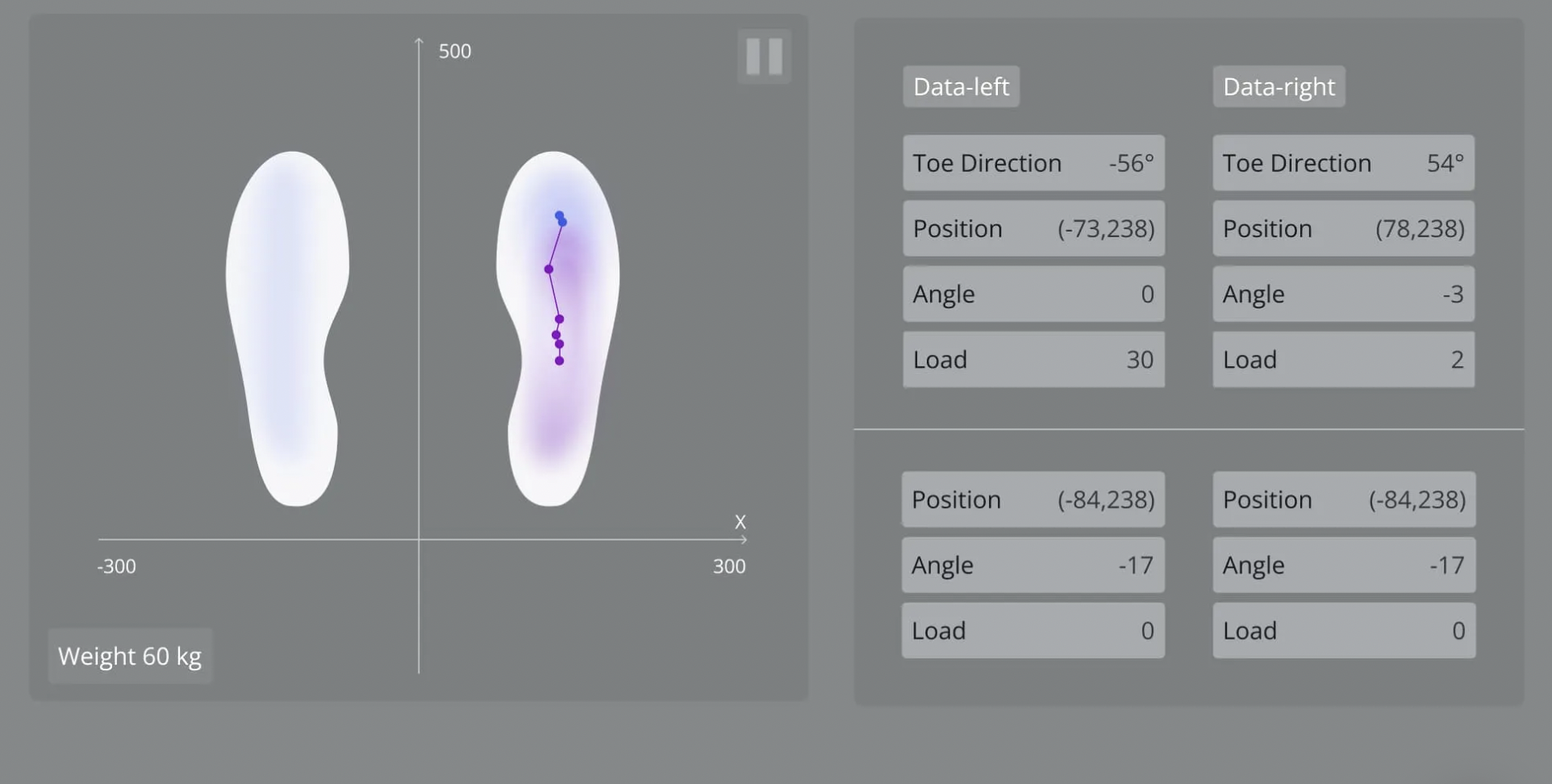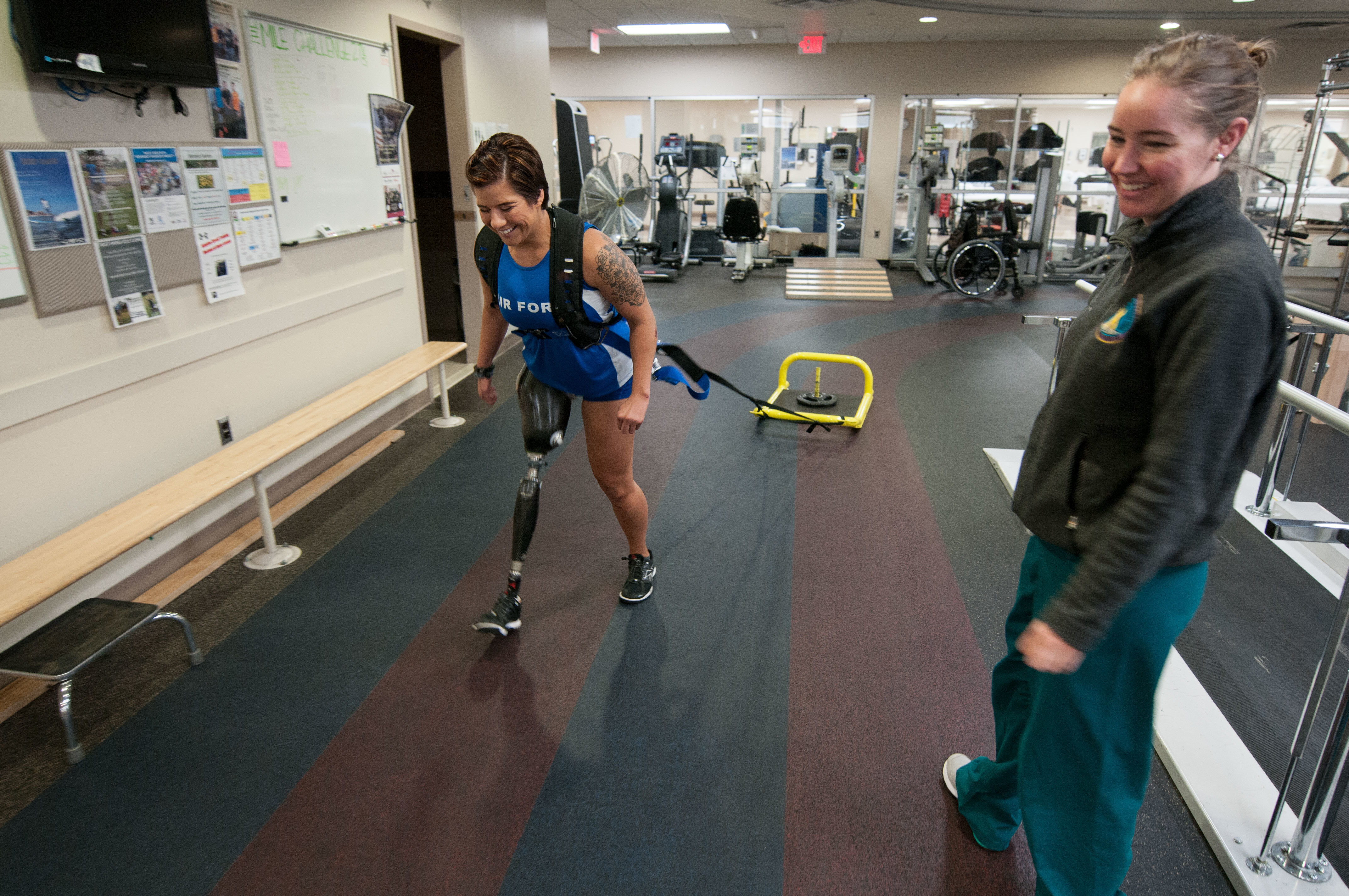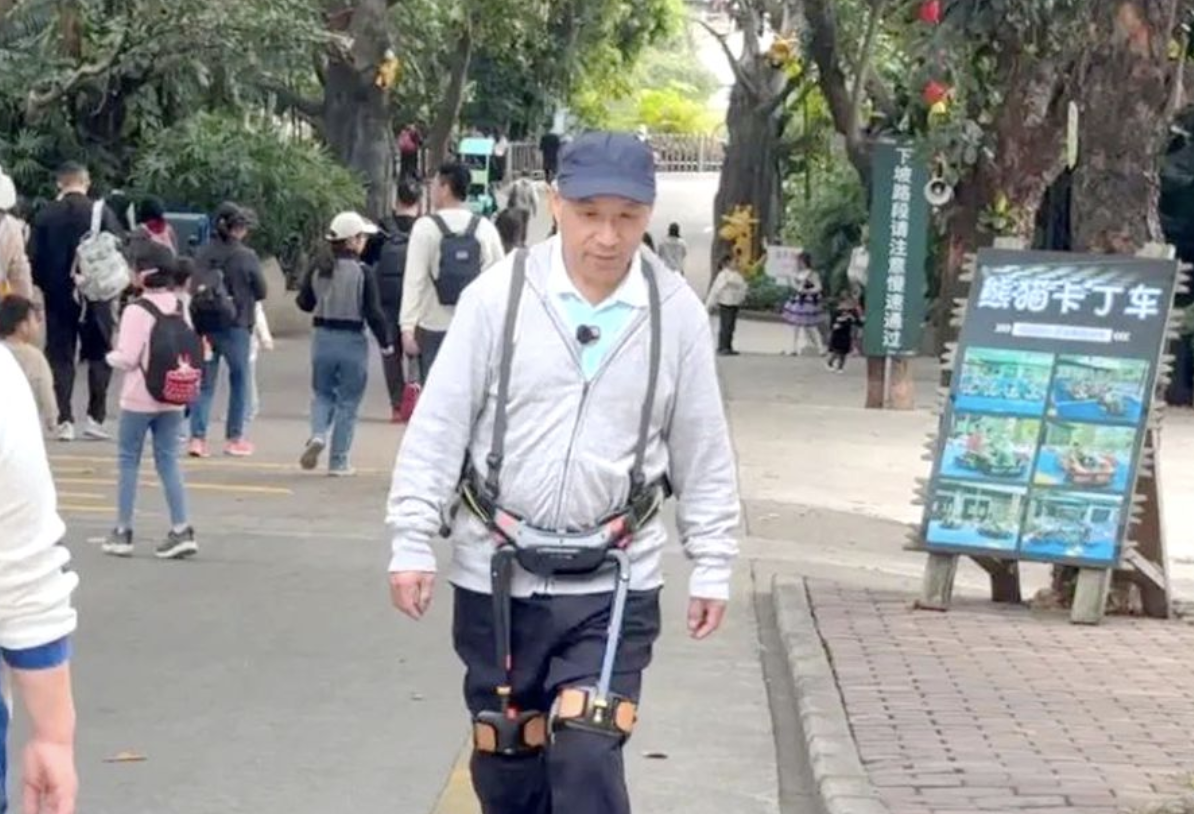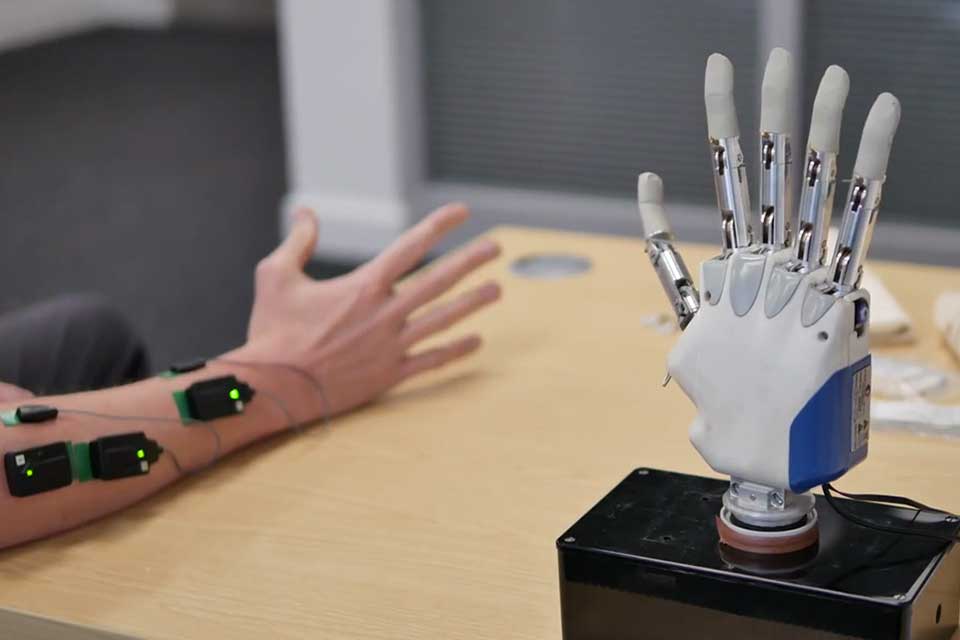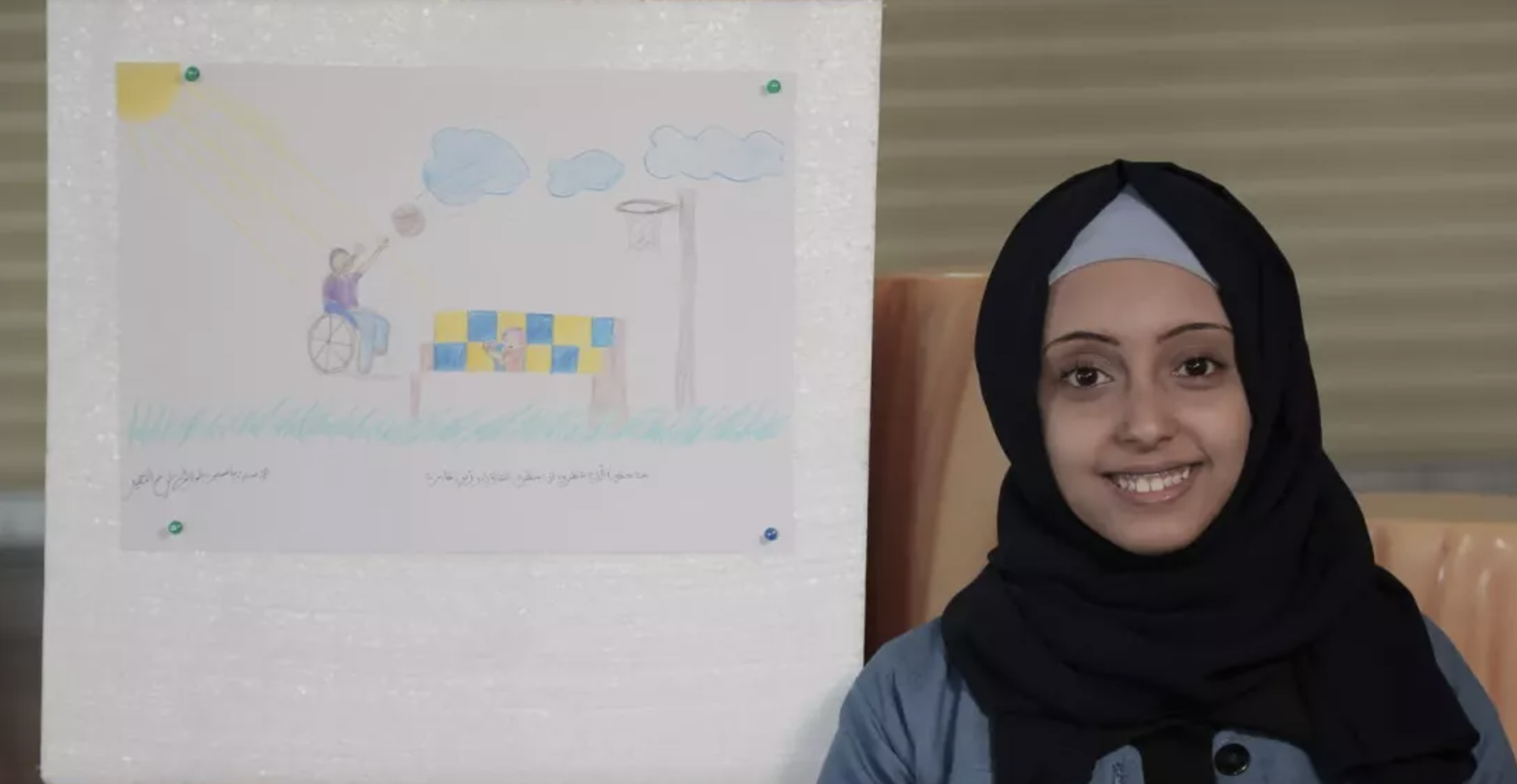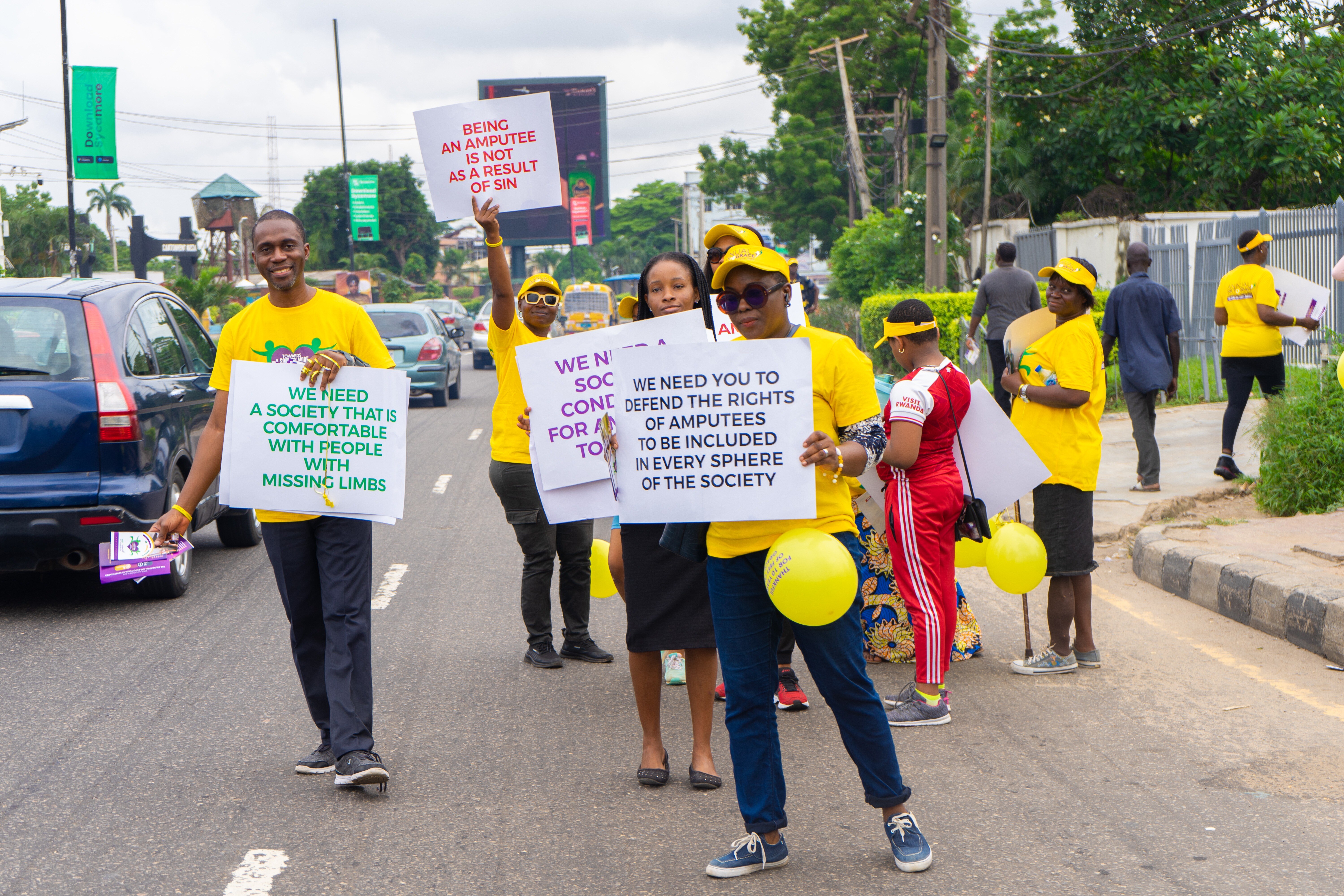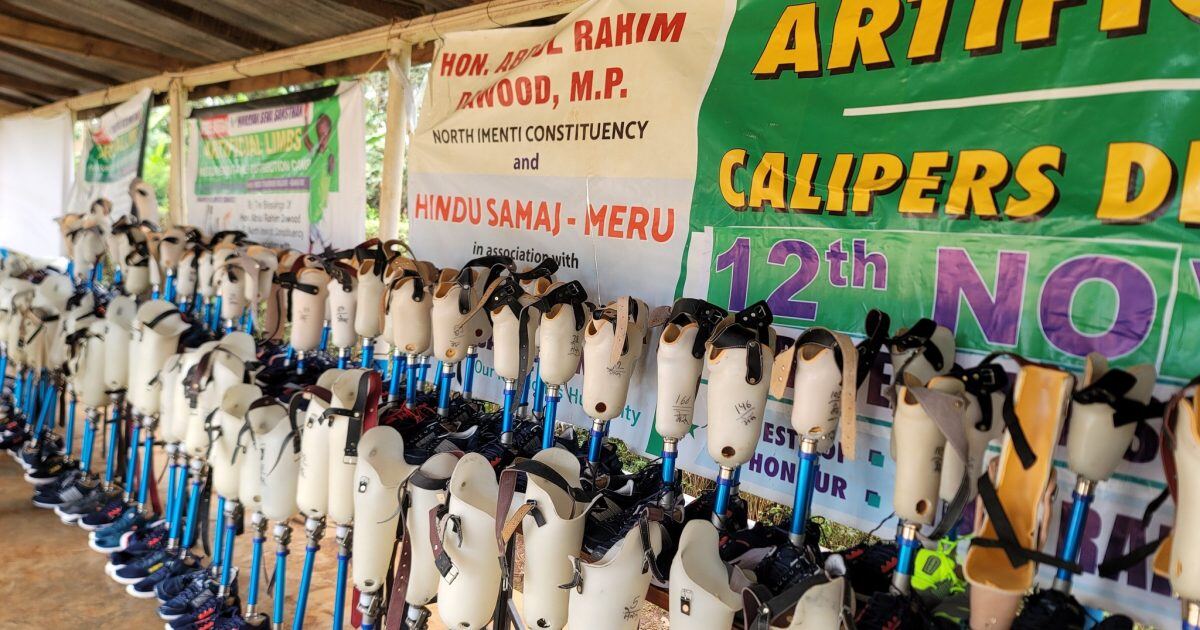Fatime Suleiman lives in the Rashidieh Palestine Refugee camp in Tyre, Lebanon. Born in 1990, she grew up in a close-knit family, surrounded by her four brothers and sister. As her siblings eventually started their own families, Fatima found herself facing life’s challenges with only her parents by her side. Despite the obstacles, she remains a beacon of hope and strength in her community.
“My life changed dramatically in 2008 when I was involved in a devastating bus accident. Struck by a reckless driver, I spent nearly two months hospitalized, fighting to recover,” she said.
Fatima was left with a profound challenge: a left transfemoral, or above-knee, amputation. This suddenly altered her physical capabilities and forced her into a world filled with obstacles.
“I'll never forget the moment I realized my life had changed forever. It was a wave of emotions: fear, sadness, and uncertainty about the future," she said.
Despite this life-altering event, Fatima was determined not to be defined by her disability. With unwavering spirit, she took on the responsibilities of daily life, managing house chores and supporting her family.
"I decided that I wouldn’t let my circumstances define me. Every day became a challenge, but I embraced it. I pushed myself to find new strengths, to learn new ways to navigate life, and to keep moving forward," she said.
However, the financial burden of her artificial limb soon became a daunting reality. Before the economic crisis hit Lebanon in 2019, Fatima could afford the expenses associated with her prosthetic limb. But as inflation surged and economic stability crumbled, her ability to do was increasingly threatened.
In 2016, Fatima had already reached out to the UNRWA Disability Programme, a crucial resource for others who share her experiences. This programme, part of UNRWA’s Relief and Social Services Department, works in collaboration with various partners to provide essential services for people with disabilities and their caregivers. These partnerships are essential for delivering comprehensive support to those who need it the most.
What distinguishes the Disability Programme is its human rights-based approach. It empowers beneficiaries by allowing them to select personalized assistance that aligns with their unique needs and available resources. Previously, they contributed 20 per cent of the cost of their devices. But in light of the ongoing economic crisis, they no longer need to do this, ensuring that individuals can access these vital services without financial burdens. This flexibility and understanding made a significant difference for Fatima, who reapplied in 2021 when her first prosthetic limb began to wear out.
Education has always been a cornerstone of Fatima’s life. A bright student at Al Aqsa UNRWA school, she excelled academically, eventually earning her bachelor’s and later a master’s degree in social sciences from the Lebanese University. Yet, the path was fraught with challenges. Navigating her university campus was not easy; winter rains often turned the streets slippery, leading to falls that tested her resolve. But each time she fell, she rose again, determined to succeed.
Despite her impressive credentials and several internships with various organizations, Fatima encountered a harsh reality in the job market. Employers often overlooked her potential, and society’s bias against people with disabilities cast a shadow over her dreams. Yet, Fatima remained undeterred, reminding herself that circumstances do not define her worth.
“I refused to let anything stop me,” she said. “Every fall was just another lesson, reminding me that I could rise again, no matter how hard it got.”
The Disability Programme has been more than just a source of support. It plays a crucial role in the lives of Palestine Refugees in Lebanon and helps them pursue their dreams without financial barriers holding them back. The programme delivers awareness sessions to the beneficiaries, teaching them how to take proper care of and maintain their devices, and connect with others who share similar experiences.
During a recent awareness session, Fatima served as a resource for her peers with disabilities who use artificial limbs, demonstrating her eagerness to assist others in caring for their devices. Her commitment to supporting her peers is truly inspiring and aligns seamlessly with the programme's objectives.
“Through our various initiatives, we actively work to assist persons in need like Fatima, ensuring they have the resources to lead an equal-opportunity life as they manage their very personal challenges," said Dorothee Klaus, Director of UNRWA Affairs in Lebanon.
